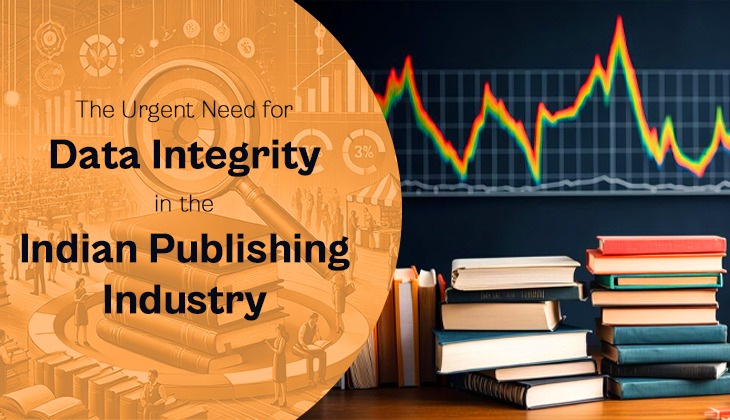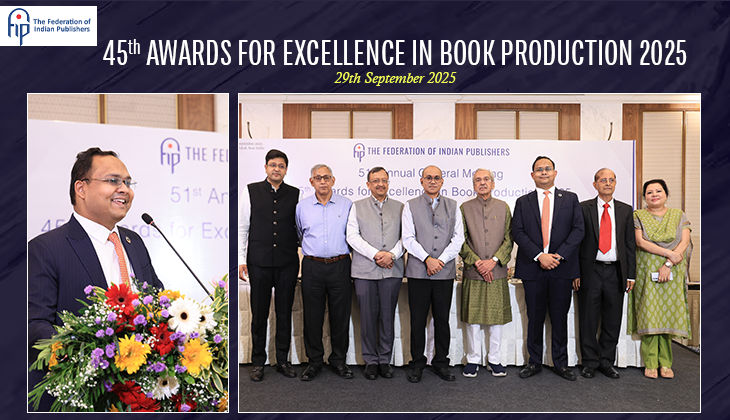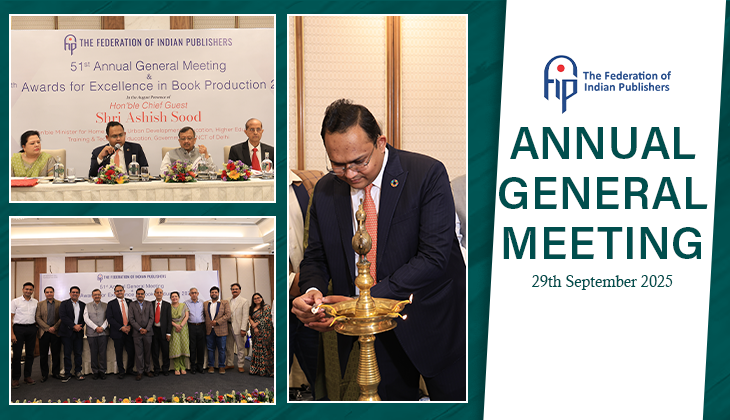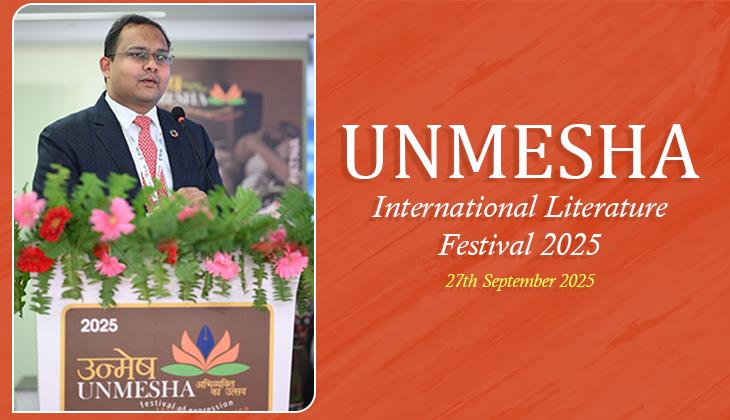The recently concluded Pune Book Festival 2024 has captured headlines with claims of over 1 million visitors, 2.5 million books sold, and sales worth an astounding ₹40 crore. While such reports paint an optimistic picture for the publishing industry, they also raise critical questions about the authenticity of these figures. As someone deeply involved in the Indian and global publishing markets and with a keen interest in data and statistics, I find these numbers highly exaggerated and practically implausible.
Explore why such claims deserve scrutiny and how a data-driven approach can benefit the industry.
Examining the Numbers
To put these figures into perspective, achieving such sales would mean the Pune Book Festival has outperformed even the New Delhi World Book Fair and the International Kolkata Book Fair—events globally renowned for their scale and impact. Given the logistical challenges and market realities, it is hard to fathom that the Pune event managed to stock 2.5 million books, let alone sell them physically. This raises valid doubts about the methodology used to arrive at these numbers.
The Role of Data and Credibility
In a world increasingly driven by data, the publishing industry must prioritise accuracy and transparency. While headlines based on inflated numbers may create short-term buzz, they also risk eroding trust among stakeholders—publishers, authors, and readers. Organisers and government bodies must invest time, resources, and energy in producing authentic data and statistics.
Premier agencies like the National Council of Applied Economic Research (NCAER) or independent research organisations could be hired to conduct thorough studies using well-defined methodologies. This would enhance credibility and provide actionable insights for the publishing ecosystem.
A Roadmap for Authentic Research
National Book Trust (NBT) could lead by commissioning a comprehensive study for the upcoming New Delhi World Book Fair 2025. Such a study could cover:
Total Sales and Revenue: An accurate estimate of the business generated during the fair.
Consumer Behaviour: Evaluating visitor demographics, spending patterns, and purchasing motivations.
Reading Preferences: Insights into genre popularity, language preferences, and emerging trends.
Economic Impact: A macro-level assessment of the fair’s contribution to the publishing industry and local economy.
Long-Term Benefits of Data-Driven Insights
Investing in authentic research is not just about setting the record straight; it’s about shaping the publishing industry’s future. Reliable data can:
- Guide publishers in aligning their offerings with market demands.
- Help policymakers craft initiatives to promote reading and literacy.
- Attract global partnerships by showcasing the potential of the Indian publishing market.
Conclusion
The Indian publishing industry stands at a crucial juncture. Events like the Pune Book Festival have the potential to drive growth and enthusiasm for reading, but they must do so with integrity and accountability. As stakeholders, we owe it to ourselves and the industry to prioritise authenticity over sensationalism.
It’s high time we move beyond headline-grabbing numbers and focus on building a robust, data-driven foundation for the publishing sector. Let’s harness the power of credible research to evaluate our present and envision a brighter future for books and readers alike.



